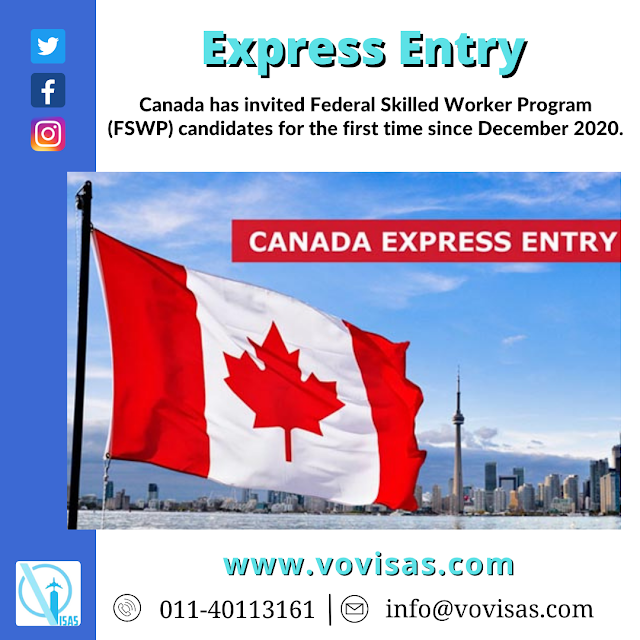Express Entry: Canada invites skilled immigrants overseas for first time since 2020.

For the first time since December 2020, Canada is inviting candidates to participate in the Federal Skilled Worker Program (FSWP). Canadian Experience Class (CEC) candidates also participated in today's Express Entry draw. This is the first time CEC candidates have entered the Express Entry draw since September 2021. Immigration, Refugees and Citizenship Canada (IRCC) has invited a total of 1,500 Express Entry candidates to apply for permanent residence. The Comprehensive Classification System (CRS) cutoff score was 557. Minister’s statement on today’s draw “Today, I am pleased to announce that Express Entry draws have officially resumed and applications will be processed at our 6 month processing standard. I want to thank the candidates from around the world for their patience, as we worked to reduce the backlog before resuming Express Entry draws. I look forward to welcoming skilled workers who will are essential in addressing Canada’s labour shortages.” ...


.png)


.png)



